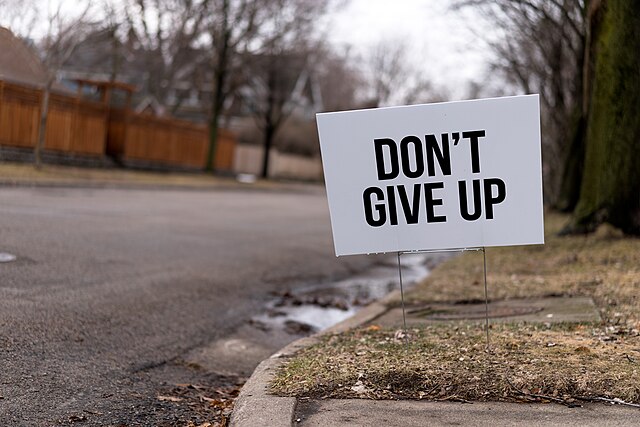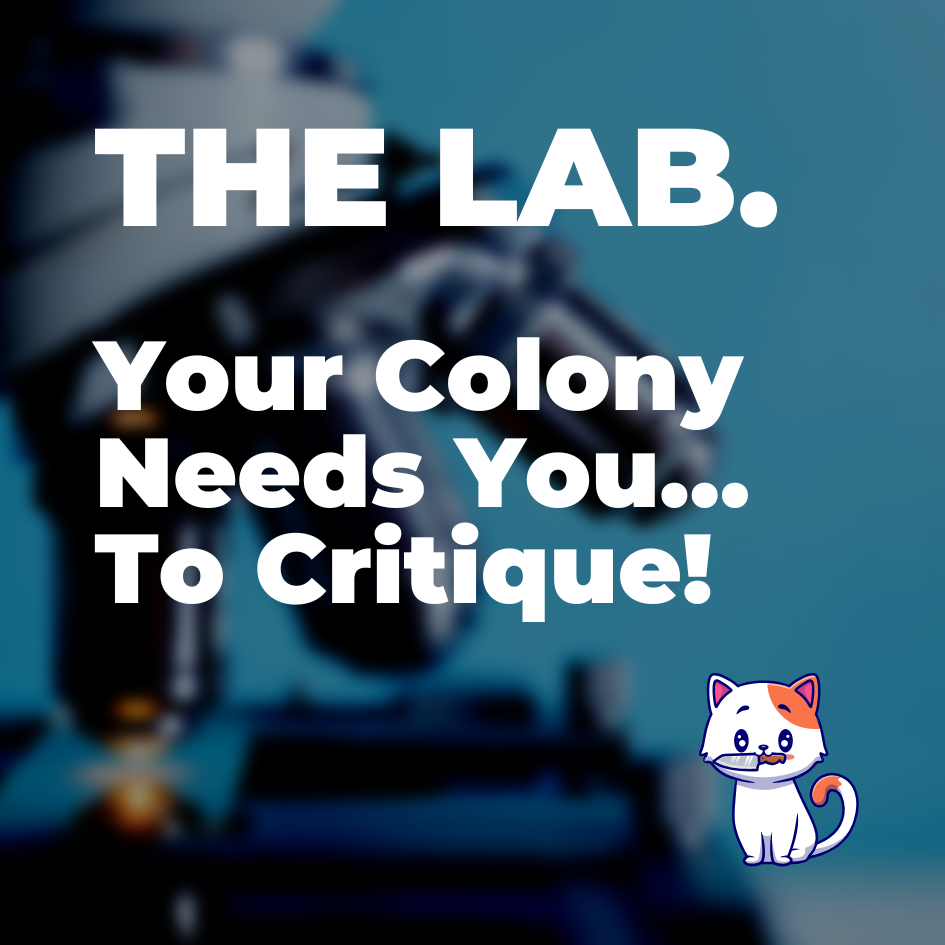- Feb 3, 2024
- LitBits
- 0
Self-Doubt by Claire Gallagher A Writer’s Best Friend or Their Worst Nightmare?

 It sucks, but can it be useful?
It sucks, but can it be useful?
I think the answer is yes and no. It can be crippling, holding you back from persevering, from creative bravery, from trusting your instincts. But it can also make you pause, interrogate your idea, your execution, and seek reader feedback. The trick, as with anything, is to maintain perspective. Easier said than done, right?
For me, it’s a rollercoaster ride. When I’m in the flow, excited by my idea, and feel like everything’s going well, it’s a high. But when imposter syndrome kicks in, the spiral d
Every writer knows the feeling: that voice whispering “You’re not good enough.”
own to the low is soul-destroying. Luckily, I’m a stubborn creature and I always manage to pull through. I think this is because my desire to succeed is greater than my fear of failure.
Even the best writers experience self-doubt, but don’t just take my word for it…
‘Writing fiction, especially a long work of fiction can be a difficult, lonely job; it’s like crossing the Atlantic Ocean in a bathtub. There’s plenty of opportunity for self-doubt.’
– Stephen King
Self-doubt is ‘the worst enemy to creativity’.
-Sylvia Plath
‘Each time I write a book, every time I face that yellow pad, the challenge is so great. I have written eleven books, but each time I think, ‘Uh-oh, they’re going to find out now. I’ve run a game on everybody and they’re going to find me out.’
-Maya Angelou
So what if you do fail?
‘A failed novel? Much time expended, many floor-pacings and scribblings, nothing achieved; or, as they say in Newfoundland, a wet arse and no fish caught.
There have been several of those. Let’s take Blakeney, Norfolk, in the winter of 1983. We’d gone there to write and watch birds; the second activity was most successful, but the first was a washout. I had some complicated fictional scheme in mind, and was pursuing it in a cobblestone ex-fisherman’s cottage with cold stone floors, a balky Aga, and a tiny, smoky fireplace I never did master. My plot involved various time layers and improbable interweavings of badly realised characters, and the digging up of Mayan eccentric flints – that’s what they’re called – in a part of Mesoamerica I knew little about. What had set me off on this track, a track that became narrower and narrower and finally petered out in a field bestrewn with burdocks and cow pats?
I soon gave up on the eccentric flints, but I had to put in the time somehow because I had such a lovely (though cold) workspace. So I would read through the accumulation of Jean Plaidy novels left by generations of summer visitors, thus adding to my already excessive stock of Tudor lore. Then I’d walk back to where we were living – a rectory haunted by nuns, allegedly – and put my chilled feet up on the fender, thus developing chilblains. Perhaps it was those six months of futile striving, tangled novelistic timelines, rotten Tudors, and chilblains that caused me to break through some invisible wall, because right after that I grasped the nettle I had been avoiding, and began to write The Handmaid’s Tale.
Get back on the horse that threw you, as they used to say. They also used to say: you learn as much from failure as you learn from success.’
-Margaret Atwood
Tips to overcome self-doubt
Final Thoughts
Do you experience creative self-doubt? How do you overcome it?
I think the opposite of the type of self-doubt that holds a writer back – overconfidence – can be just as crippling to progress (though it does seem to work for some people!). This is because it leaves a writer closed-minded to their potential to improve. There’s a difference between self-belief and arrogance. Do you have any thoughts on this?
Continue reading...
Every writer knows the feeling: that voice whispering “You’re not good enough.”


I think the answer is yes and no. It can be crippling, holding you back from persevering, from creative bravery, from trusting your instincts. But it can also make you pause, interrogate your idea, your execution, and seek reader feedback. The trick, as with anything, is to maintain perspective. Easier said than done, right?
For me, it’s a rollercoaster ride. When I’m in the flow, excited by my idea, and feel like everything’s going well, it’s a high. But when imposter syndrome kicks in, the spiral d
Every writer knows the feeling: that voice whispering “You’re not good enough.”
own to the low is soul-destroying. Luckily, I’m a stubborn creature and I always manage to pull through. I think this is because my desire to succeed is greater than my fear of failure.
Even the best writers experience self-doubt, but don’t just take my word for it…
‘Writing fiction, especially a long work of fiction can be a difficult, lonely job; it’s like crossing the Atlantic Ocean in a bathtub. There’s plenty of opportunity for self-doubt.’
– Stephen King
Self-doubt is ‘the worst enemy to creativity’.
-Sylvia Plath
‘Each time I write a book, every time I face that yellow pad, the challenge is so great. I have written eleven books, but each time I think, ‘Uh-oh, they’re going to find out now. I’ve run a game on everybody and they’re going to find me out.’
-Maya Angelou
So what if you do fail?
‘A failed novel? Much time expended, many floor-pacings and scribblings, nothing achieved; or, as they say in Newfoundland, a wet arse and no fish caught.
There have been several of those. Let’s take Blakeney, Norfolk, in the winter of 1983. We’d gone there to write and watch birds; the second activity was most successful, but the first was a washout. I had some complicated fictional scheme in mind, and was pursuing it in a cobblestone ex-fisherman’s cottage with cold stone floors, a balky Aga, and a tiny, smoky fireplace I never did master. My plot involved various time layers and improbable interweavings of badly realised characters, and the digging up of Mayan eccentric flints – that’s what they’re called – in a part of Mesoamerica I knew little about. What had set me off on this track, a track that became narrower and narrower and finally petered out in a field bestrewn with burdocks and cow pats?
I soon gave up on the eccentric flints, but I had to put in the time somehow because I had such a lovely (though cold) workspace. So I would read through the accumulation of Jean Plaidy novels left by generations of summer visitors, thus adding to my already excessive stock of Tudor lore. Then I’d walk back to where we were living – a rectory haunted by nuns, allegedly – and put my chilled feet up on the fender, thus developing chilblains. Perhaps it was those six months of futile striving, tangled novelistic timelines, rotten Tudors, and chilblains that caused me to break through some invisible wall, because right after that I grasped the nettle I had been avoiding, and began to write The Handmaid’s Tale.
Get back on the horse that threw you, as they used to say. They also used to say: you learn as much from failure as you learn from success.’
-Margaret Atwood
Tips to overcome self-doubt
- Stop comparing yourself to others, especially their many-times-edited published works.
- Focus on your strengths. Good at dialogue? Write a scene which showcases this. Read back over sections that you’re proud of – remind yourself of what you’re capable of.
- Find your people – those cheerleaders who will listen and be supportive when the doubts fester.
- Write anyway – it doesn’t have to be on your work-in-progress. Step away, do some free writing, a short story, a later scene in the novel that you’re excited about, write a section from the antagonist’s perspective, Google ‘writing prompts’ and have a little fun.
- Take a break (an hour, a day, a week, a month – whatever you need. Just make sure that ‘break’ doesn’t turn into forever). Gain some perspective and come back to your project with fresh eyes. Do something else for a while: go for a walk, read a book for pleasure (without comparing your work to the author’s), spend time with friends/family, get on with that home improvement project, take up a hobby (I’ve recently signed up to a six-week beginner tennis course and it’s a great distraction!), travel.
- Celebrate your achievements. Look back at positive feedback and/or reviews. Remind yourself of your progress.
- Remember, nothing is set in stone and nothing is wasted. All writing is experience from which we can learn and develop.
- Be wary of perfectionistic tendencies. It’s good to have high standards, but perfectionism can really hold a writer back.
- Recognise patterns of negative self-talk and counter with positive affirmations.
- Study the craft (e.g. read books on writing, sign up for a course, join a writers’ group). Focus on areas you’d like to develop. Build your confidence. Be proactive.
Final Thoughts
Do you experience creative self-doubt? How do you overcome it?
I think the opposite of the type of self-doubt that holds a writer back – overconfidence – can be just as crippling to progress (though it does seem to work for some people!). This is because it leaves a writer closed-minded to their potential to improve. There’s a difference between self-belief and arrogance. Do you have any thoughts on this?
Get the discussion going!
Continue reading...



